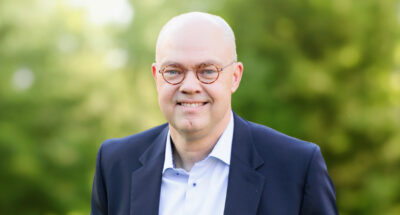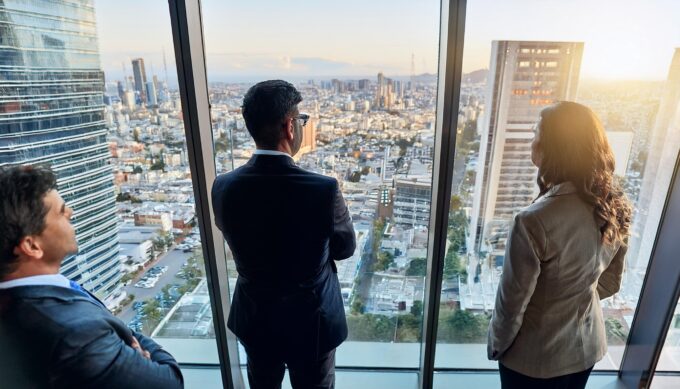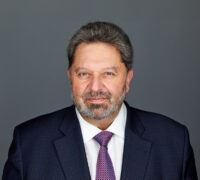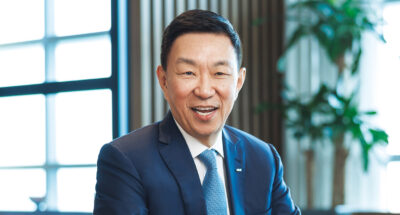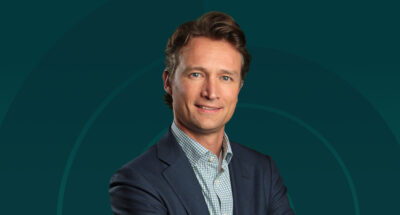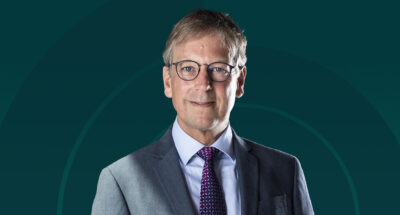In a world where the average lifespan of a company on the S&P 500 has dwindled to 21 years and even the mightiest firms can go under, International SOS stands out for three things: its remarkable growth, its steadfast resilience, and its commitment to remaining privately held.
The company’s journey began around a humble dining table, where childhood friends Pascal Rey-Herme and Arnaud Vaissié envisioned a safer future. As a doctor at the French embassy in Jakarta, Rey-Herme recognized the urgent need for international standards of healthcare and emergency medical assistance for expats. Drawing on Vaissié’s business experience, they founded AEA International, which would later become International SOS.
Today, the organization has grown to become the global leader in helping multinational firms plan for and mitigate health and security risks, with more than 10,000 clients paying a yearly subscription fee for their employees, generating annual revenue of $1.7bn.
Yet it hasn’t all been smooth sailing. “Resilience is critical because business is made of ups and downs,” explained Vaissié in a recent CEO Dialogue. “We always look at the stories of companies which grow in a linear way. This is not the story of business.”
A major challenge for International SOS was the 1997-1998 Asian financial and associated credit crunch. “At the time, the company was growing extremely rapidly, and we went into a very serious cash squeeze because we could not access new working capital,” he recalled. “Eventually, we were helped by JP Morgan, and we refinanced ourselves on the US market.”
More recently, its mobility business came under pressure when the COVID-19 pandemic shut down global travel. “Suddenly you wake up in the morning and you say, “Well, let’s look at it and see what we can do.” Eventually, we became I think one of the key providers to help companies manage the pandemic, but we had to pivot in terms of services very quickly.”
